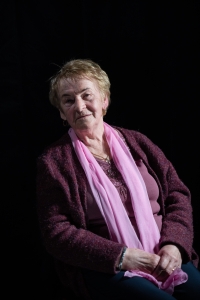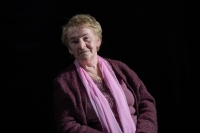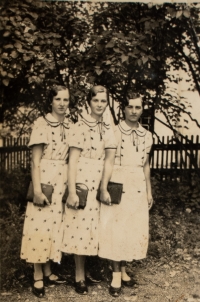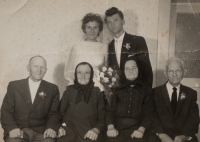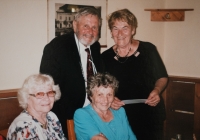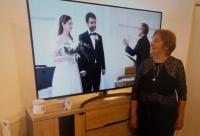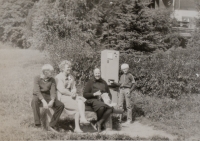Mom did not know until the end of the war that the people living with us were Jews. It was safer for her, she was expecting her third child
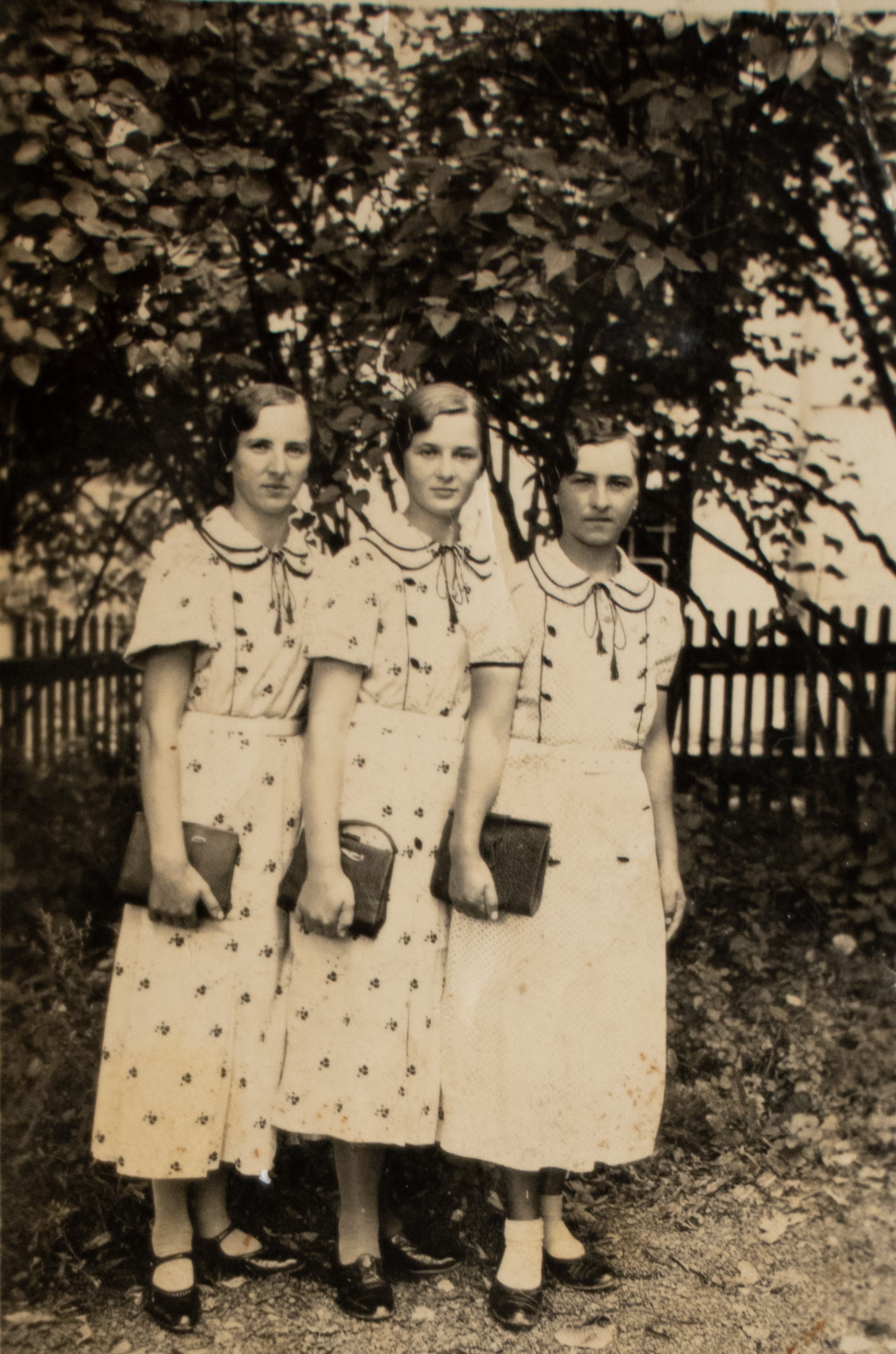
Download image
Lýdia Kubincová, née Balciarová, was born on April 14, 1939 in Klenovec as the first of four children. Father Ján came from Klenovec, mother Zuzana, née Máliková, from Revúcka Lehota. The family belonged to the Fraternal Union of Babtists. Father was a weaver and a clergyman. The youngest brother was born during the Second World War at a time when two Jewish families, the Weisbergs and the Schönfelds, and the family of the preacher Čermák from Klenovec were hiding with them in a modest house on the Klenovské vrchy. Thanks to the dedication of Ján Balciar and his wife Zuzana, everyone survived the war years in good health. After the war, the Balciars moved to Revúcka Lehota, where Lídia started attending elementary school. The family went to church. Father founded a tambourine, later sang. Lídia played on the bizernice or on the brachi. Because of their faith, they were called enemies of socialism. The secretary of state was also present at every church service, and father had to make reports to him. In the fifth grade, Lýdia transferred to Revúca. There she graduated from grammar school (1953 – 1956) and immediately got a job in a construction company as a payroll clerk in the personnel department. After the establishment of the cooperative, the family was left with one cow and it was more difficult to make a living. Her father worked as a tractor driver and accountant at the cooperative, and Lýdia did closings for him in the accounts. In 1960, she married Silvestre Kubinec, a bricklayer originally from Romania. In 1963, their first daughter, Lydka, was born. After a short maternity leave, she worked at the Magnesite factory in the village of Včeláre. Later at metallurgical buildings in Teplá Voda as the head of payroll. In 1965, the couple had a daughter, Silvia, and in 1969, Janka. During the period of the arrival of the occupying troops, Lýdia worked in Lykotex as the director’s secretary and during the period of normalization in the Construction Plant in Revúca. During the Velvet Revolution, she participated in meetings at the plant. She retired in 1991 at the age of 52. For some time she still went to do accounting at the former ROH. Then came the grandchildren, whom she took care of, and in her spare time she started weaving sponges for ÚĽUV. With the singing circle, they continued to go around Slovakia and to friendly countries. In 2017, she received the Righteous Among the Nations award for her late father. At the time of the interview in 2023, she lived in Revúca.
